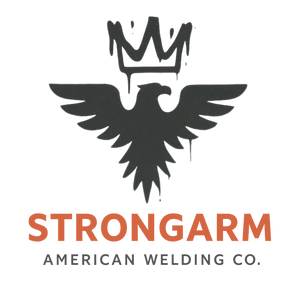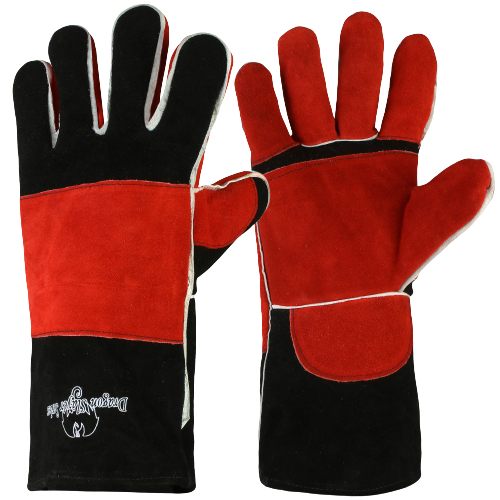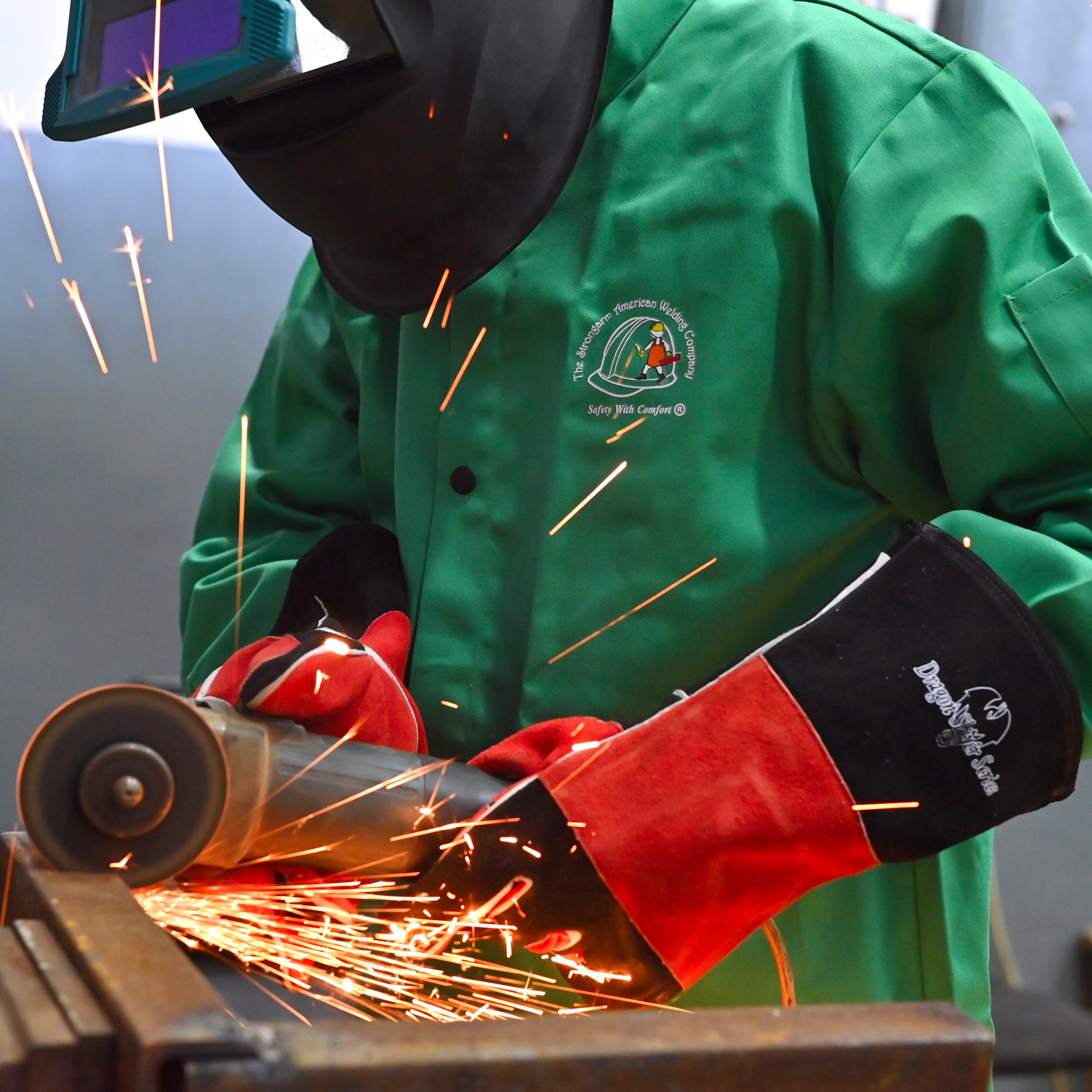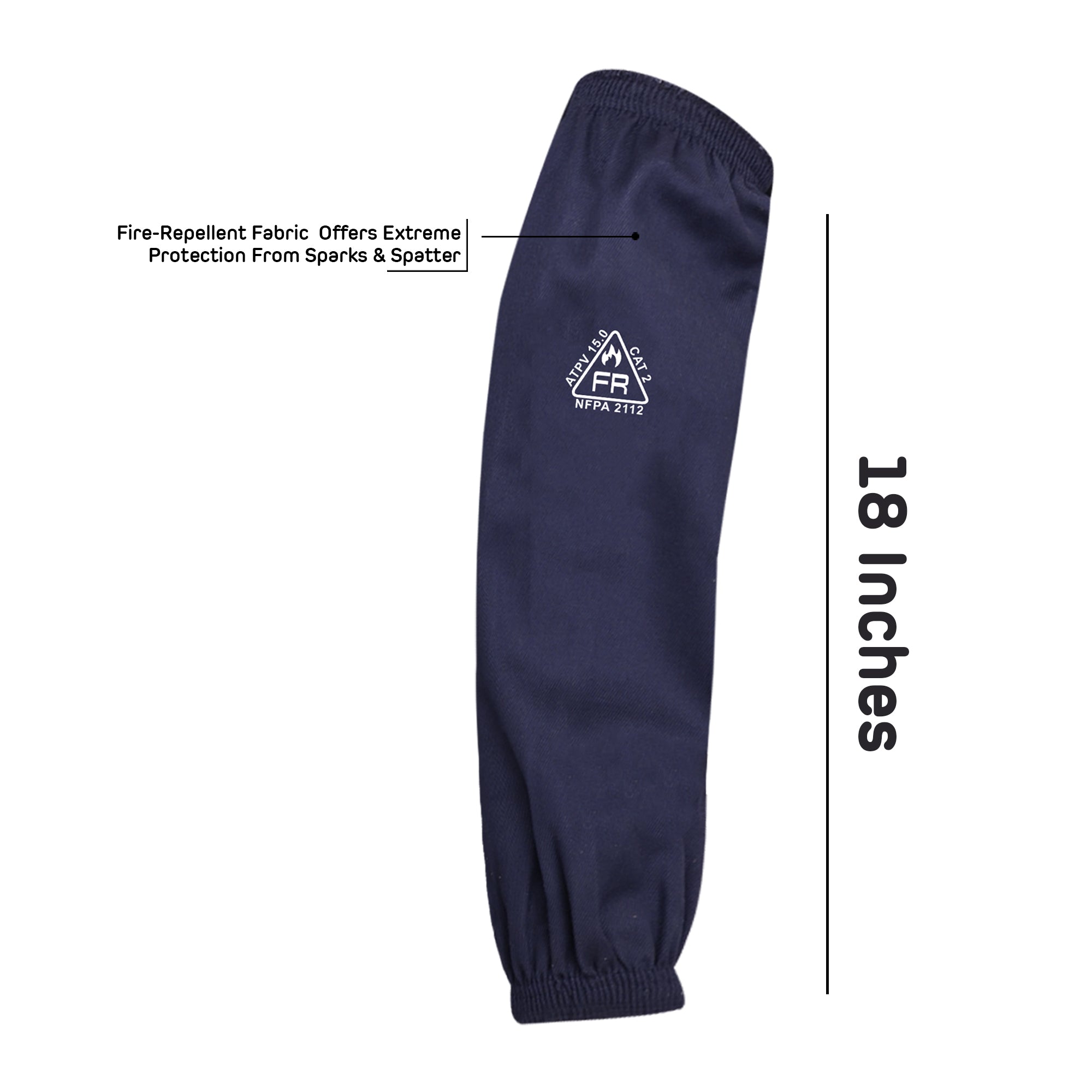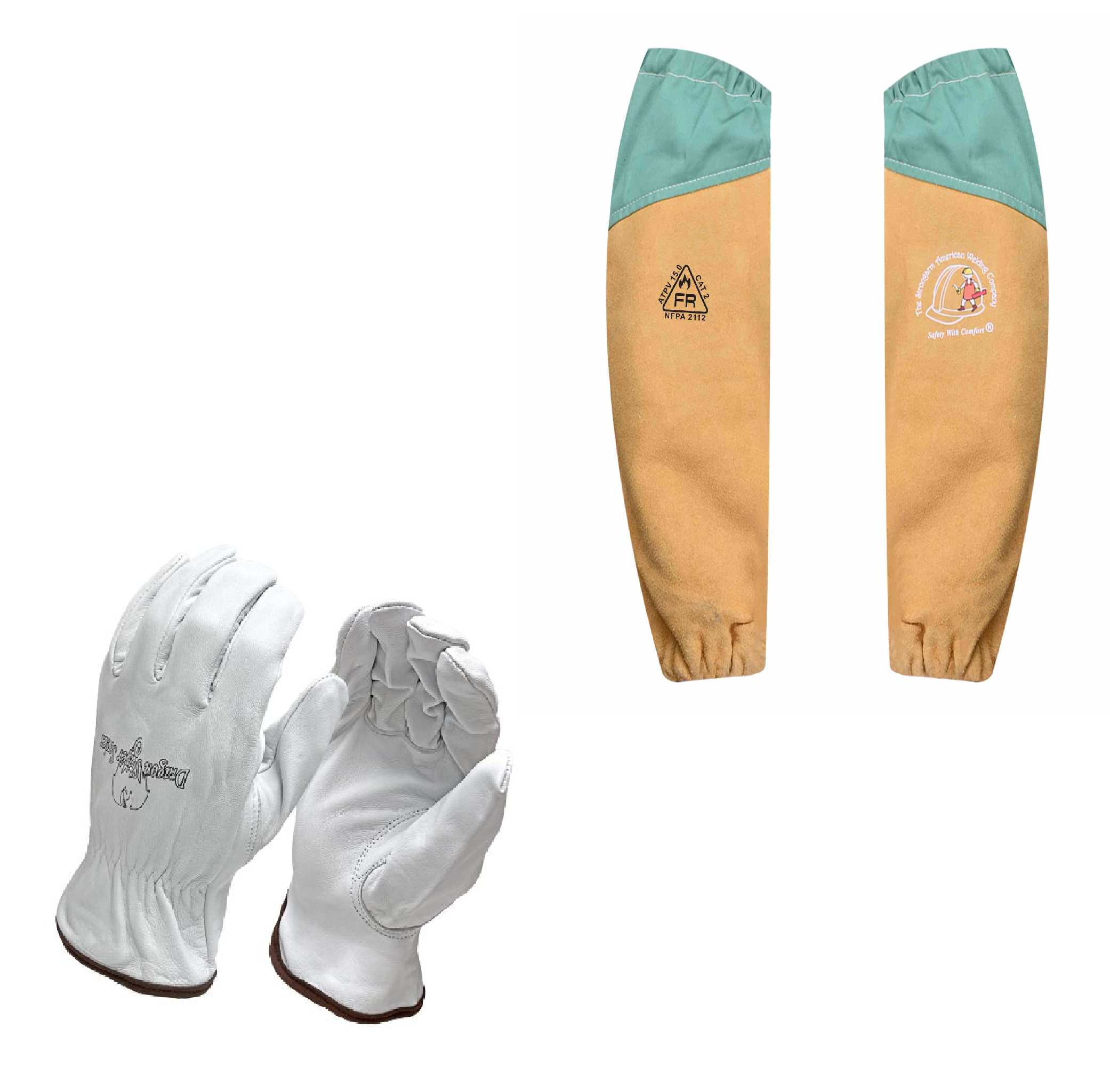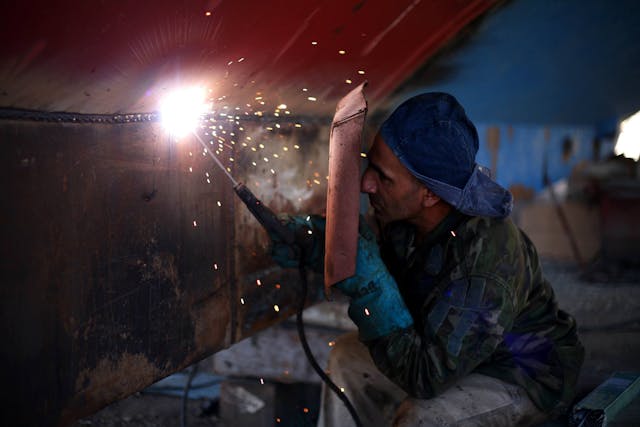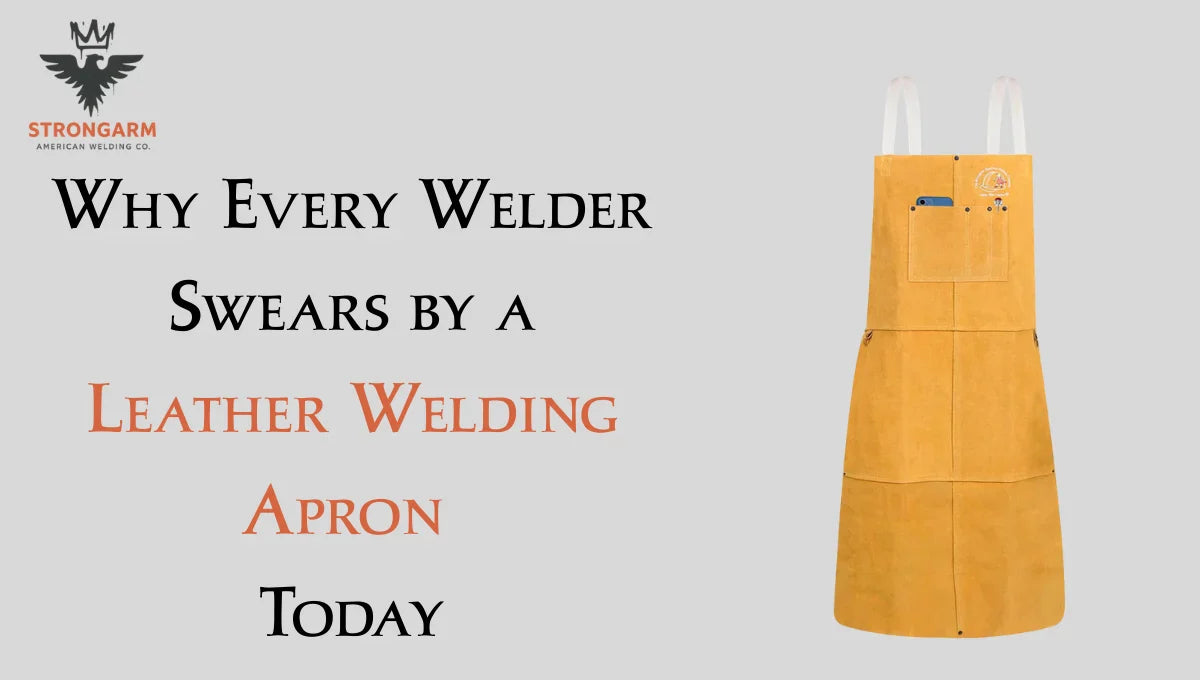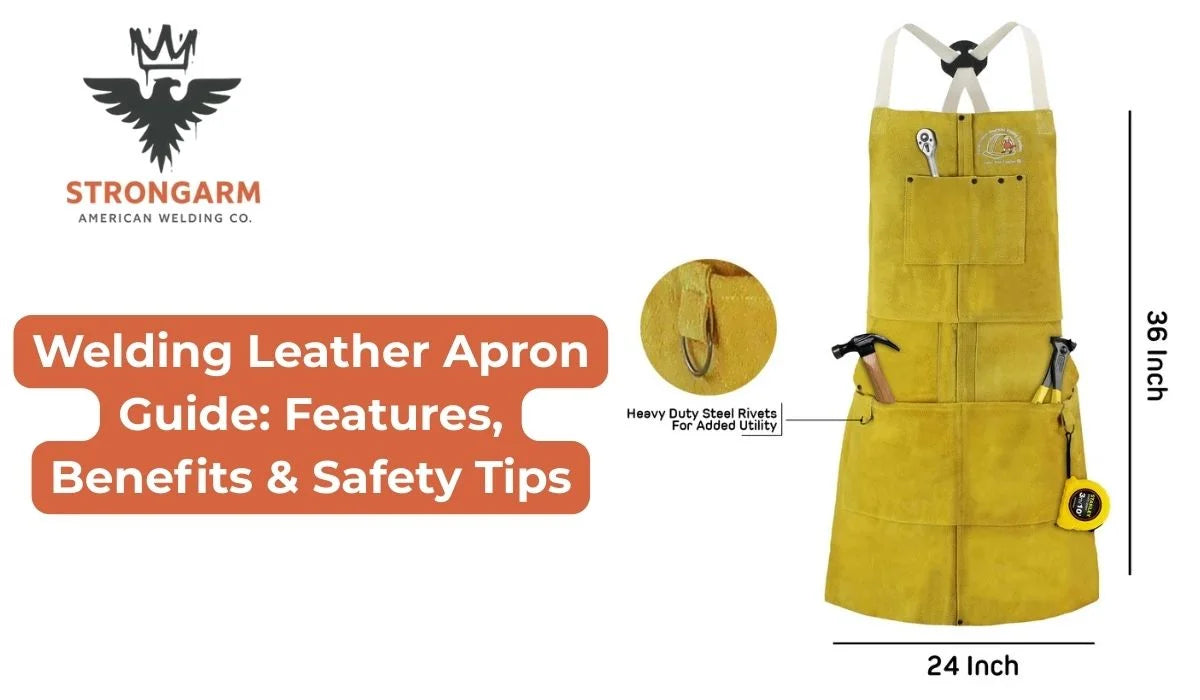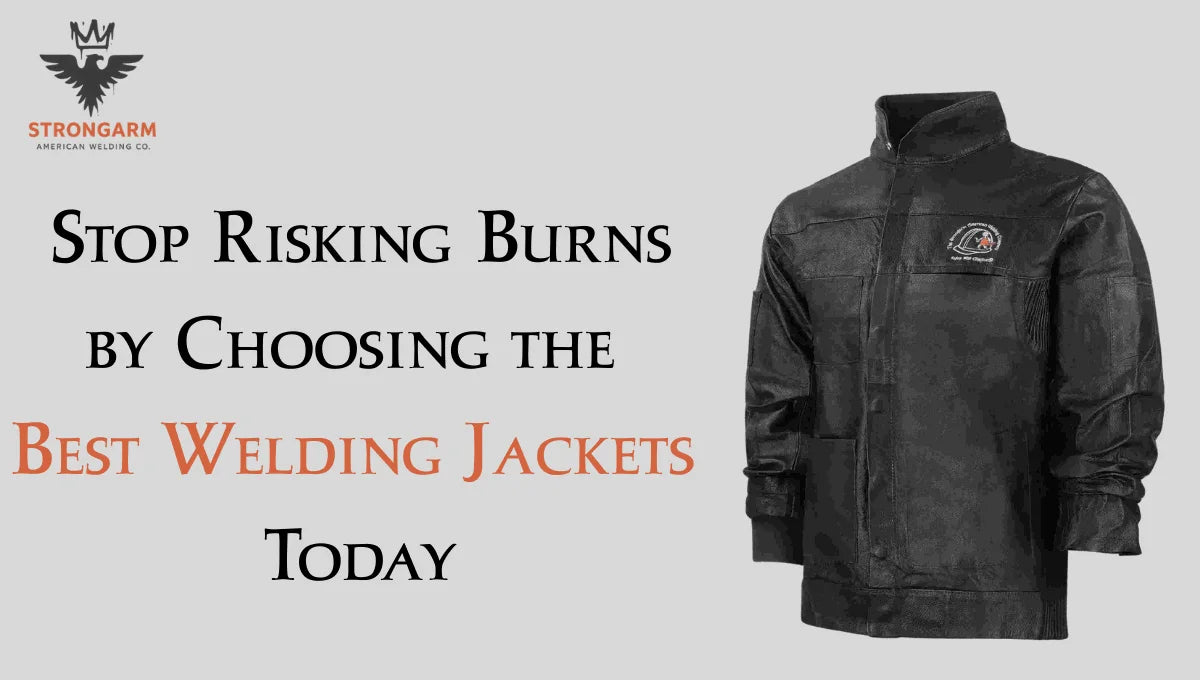Welding is essential in the fabrication and construction industries, but it can be dangerous. To stay safe, welders must wear Personal Protective Equipment (PPE), including welding sleeves. Welding sleeves differ from other sleeves because they protect welders from burns, electric shocks, and other hazards. Welders should choose sleeves that fit well and provide enough skill to handle their work.
This blog will give you detailed information about welding sleeves, including their uses, welding sleeves advantages, and what you need to know about them.
What are Welding Sleeves?
Welding sleeves are essential to a welder's safety gear, protecting the arms and shoulders from hazards like sparks, heat, and UV radiation. By wearing welding sleeves, welders can ensure their safety while working, reducing the risk of cuts, burns, and other injuries. Welding sleeves made from high-quality materials such as leather or flame-resistant fabric can provide comfort and flexibility, allowing the wearer to move more freely while working.
Welding sleeves also offer enhanced safety features like adjustable cuffs and secure fasteners that keep the sleeves in place, preventing them from slipping or moving around. High-quality welding sleeves can provide several benefits, including increased safety in welding gear, comfort, and flexibility for welders, making them a must-have safety gear for welding professionals.
Different Types of Welding Sleeves
Different welding sleeves provide various degrees of protection against heat, cuts, and shock. You must understand your welding type to ensure that you choose the right protective gear for your welding. Based on your preferences, you can choose from different kinds of sleeves, such as leather, cotton, Kevlar, or other flame-resistant materials. Below is the brief description of each type of welding sleeves and their key characteristics:
Leather
Welders mostly prefer leather-welding sleeves for their durability and reliability. They have excellent resistance to fire, cuts, and tears and can protect against welding splatter and sparks. Leather welding sleeves are available in different types, such as pigskin, elkskin, cowhide, goatskin, and sheepskin, with varying flexibility, toughness, and softness.
Leather welding sleeves might feel warm and lack breathability, especially in hot areas. They are less machine-wash-friendly than materials like Kevlar and cotton but have a longer lifespan and are cost-effective. Leather sleeves are relatively easy to clean, and despite their warmth, they remain a popular choice for welders because of their durability and protective abilities.
Cotton
Cotton welding sleeves provide a comfortable and protective option for welders. When treated properly, materials like canvas, cotton, and denim become fire-resistant, ensuring safety during welding tasks.
These sleeves are lightweight, breathable, and ideal for less intense welding activities. They are a great choice for welders working long hours who prioritize safety and comfort. While not as durable as leather, cotton sleeves offer superior breathability and a lighter feel.
They effectively shield against sparks and spatter, making them suitable for light-duty work. Additionally, they are easy to maintain and can be machine-washed for convenient care.
Kevlar
For tough welding jobs, Kevlar sleeves are a reliable defense for welding gear. They are like robust armor, providing excellent heat resistance and durability. Kevlar sleeves are the preferred choice for ensuring safety in challenging welding situations, offering strong protection against high temperatures, sparks, splatter, and cuts.
You can guarantee maximum heat protection when you opt for Kevlar welding sleeves. Unlike cotton, Kevlar doesn't shrink in heat, and you can wash or dry clean it easily for regular maintenance.
Kevlar welding sleeves provide a dependable choice for welding tasks when superior heat protection is essential, combining comfort and durability.
Maximizing Safety and Comfort: Welding Sleeves Advantages
Welding sleeves offer a range of advantages for welders, ensuring safety and comfort during welding operations. Here are some key benefits of using sleeves:
Protection from Heat and Sparks
Welding sleeves are made from flame-resistant leather or specialized fabrics with flame-resistant gear advantages. They act as a barrier between the welder's skin and the intense heat, sparks, and splatter generated during welding, significantly reducing the risk of burns and injuries.
Shielding Against UV Radiation
Welding produces harmful ultraviolet (UV) radiation that can damage the skin and eyes. Welding sleeves cover the arms, protecting against UV rays and reducing the risk of sunburn and long-term skin damage caused by prolonged exposure.
Prevention of Chemical Exposure
Some welding processes involve using chemicals or solvents, which can irritate or harm the skin upon contact. Welding sleeves provide a protective barrier, minimizing direct exposure to these substances and reducing the risk of skin irritation or chemical burns.
Abrasion and Abrasion Protection
Welding sleeves are often manufactured with durable materials to resist abrasion and tears. This enhances their lifespan and offers additional protection against sharp objects or rough surfaces encountered during welding tasks.
Comfort and Flexibility
Modern welding sleeves are designed to be lightweight, flexible, and breathable, allowing for ease of movement and enhanced comfort during extended welding sessions. Ergonomically designed comfortable welding sleeves ensure that they do not restrict the welder's movement, enabling better productivity and reducing fatigue.
Regulatory Compliance
Many industrial settings require appropriate personal protective equipment (PPE), such as welding sleeves, to comply with safety in welding gear. By wearing welding sleeves, welders ensure compliance with these standards and minimize the risk of workplace accidents and injuries.
Cost-Effectiveness
While welding sleeves represent an initial investment, they can save money by preventing injuries and reducing downtime due to accidents. By incorporating sufficient protective features into welding sleeves, they contribute significantly to creating a safer working environment. This proactive approach helps reduce healthcare costs, lower insurance premiums, and minimize lost productivity linked to workplace injuries.
